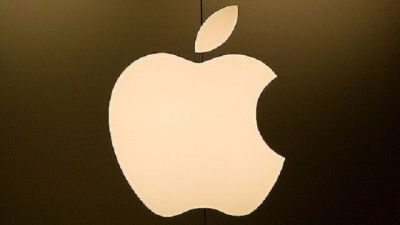Apple Inc. (NASDAQ:AAPL) is clearly betting big on Apple Pay in China considering that it recently launched a massive campaign to promote the service in the country.
The South China Morning Post revealed that the company launched the largest Apple Pay promotion that it has ever launched in the country ever since it introduced the service more than a year ago. Reports suggest that the promotion which was launched on July 18 will be concluded on July 24. The new campaign aims to attract more users on the mobile wallet platform by offering discounts of up to 50 percent on all purchases. Customers will also be offered up to 50 times more points than they usually get when they pay at select Apple Pay retailers.
Apple is trying new ways of attracting customers
Apple is clearly trying to gain a stronger foothold in the Chinese market especially because it is one of the company’s strongest markets. The iPhone maker, therefore, wants to capitalize by making sure that Apple Play grows in popularity in the country. The company has teamed up with 17 banks, 16 online retailers and 28 offline retailers in the country as part of the promotion.
“Our goal is for all Apple users to use Apple Pay,” stated Jennifer Baily, the VP of Apple Pay.
Apple has been having a tough time trying to penetrate into the Chinese market and this is mostly because the market is already populated by Chinese online payment services. According to analysts, Apple is not even among the top eight online payment companies in the country. Another reason why the iPhone maker has not scored big with Apple Pay in China is that it made a late entry into the market.
The American tech giant recently hired Isabel Ge Mahe as the new managing director and vice president for China. She will head Apple’s team in China and will be responsible for overseeing the compliance with China’s cyber security regulations for foreign firms.
Apple stock closed the latest trading session on Thursday at $150.34 after a 0.45 percent decline compared to the value of the stock during the previous close.
